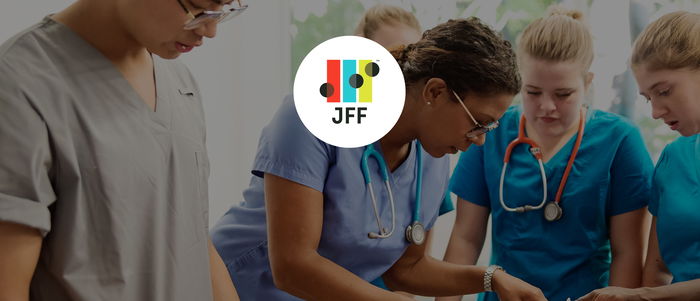New Plans and Priorities
For students in the graduating class of 2020, the pandemic disrupted not only their final semester of college but also their job searches.
“Immediately post-grad, I’m trying to do a year or two of service to figure [my career path] out better,” said Sarah, a Boston University psychology student. She applied to AmeriCorps programs to help determine if she wants to pursue a career in nonprofit management or a career focused more on direct service, like counseling. But now that the pandemic has forced organizations to do as much work as possible remotely, she recognizes that she will lose aspects of community and emotional connectivity by working with youth online rather than in person.
For their part, some undergrads are using the guilt-free downtime brought by this pandemic to reflect on their career goals.
Catherine, a sophomore at Oberlin College in Ohio, has a passion for theater, and she found that her confidence in her abilities was reignited when she had an opportunity to stage-manage a school play last fall. The early termination of her spring study-abroad program, combined with the loss of her summer job working with youth in theater, gave her ample time to contemplate her career path. She has realized that her “dream life never has anything to do with what my career is,” enticing her to contemplate the “why” of her educational and internship decisions and reimagine a future that combines a more traditional yet lucrative job with activities and projects she is deeply passionate about.
Before COVID-19 struck, Tee, an MIT biology student, was conducting experiments in a lab; now his job consists of analyzing previously acquired data. Less busy than he once was, Tee has been thinking about wealth inequality and has decided that he wants to use biology to help alleviate poverty and inequity. “This pandemic really exemplified this [lack of parity] between the rich and the poor,” Tee said. “I wish that I could be a part of some organization or company that allows me to be bridging the gap.”
Similarly, Michael is using this time to build new programming skills by developing his own version of the game Boggle. And Mira is reflecting on the importance of having a recession-proof job while taking advantage of unexpected extra time with her family.
Creative Responses to an Uncertain Time
Despite the uncertainty and instability caused by the pandemic, college students are consistently demonstrating creativity and resilience.






